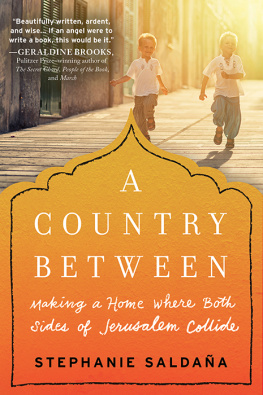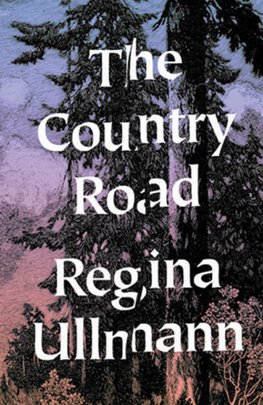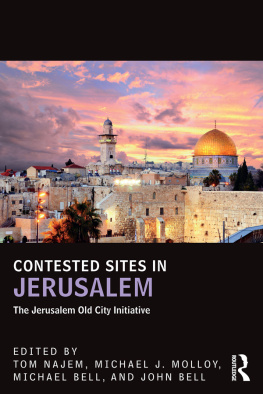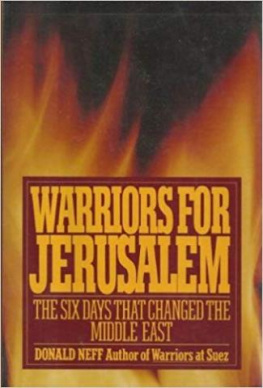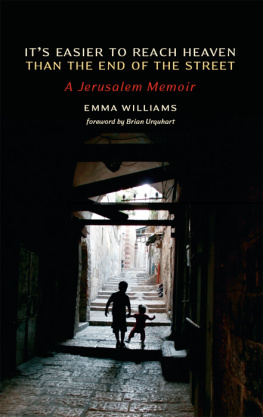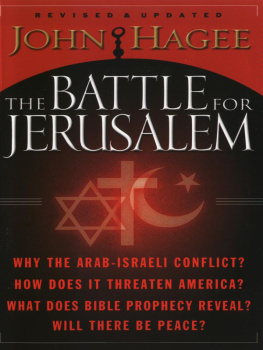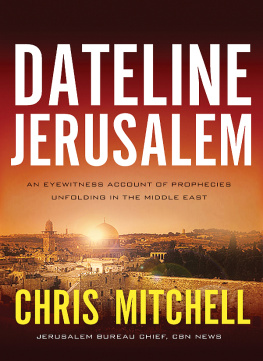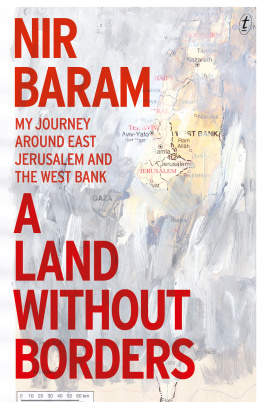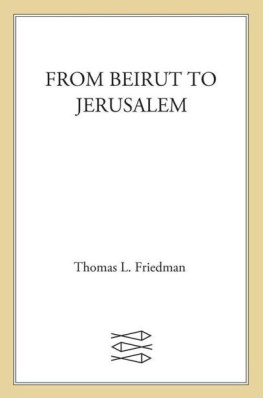Gabriel garde lanonyme.
Its morning. Outside, helicopters are circling over the city. Every now and then, we hear shots of tear gas or stun grenades. Last night, you looked up from the small, square frame of your bed and asked: Mom, is someone popping balloons ?
I will not be able to hide this from you much longer.
Someday, you will want to know why your father and I brought you into a world of such violence. You will wonder why you have memoriesand perhaps even nightmaresof cities that have disappeared and people who you will not meet again. You will want to know about the world that is now gone, but that is part of you.
This book is my attempt to answer those questions.
If I tell you of the time leading up to your birth, it is because I believe that all of us contain what happened before us, that this is our burden and our gift. You are formed of disappeared places and disappeared men. Your heart is composed of the beauty that survived them and was endowed to you when you were born. You are part of what remains: a miracle, with arms and legs.
This, then, is the story of how you were born. I could begin it seven years ago, when I gave birth to you in a hospital in Bethlehem. But I should begin it much earlier, on a morning in India, when an angel appeared to your father on a train.
The Angel
The man was sitting in a window seat of the train parked in Mumbai Central Station, dressed in his civilian clothes: linen trousers and a tan button-down shirt that seemed designed intentionally to make him disappear into any object behind him. Outside, the remnants of a morning monsoon were saturating the earth, weighing the leaves down on their branches. On his way to the station that morning, he had watched children crawling beneath plastic sheets to shield their bodies from the onslaught, an entire family taking shelter beneath a parked car. But now the rain had stopped, just as he had boarded the train, surprising him the same way it had every day since he had arriveda flood that came suddenly and seemed to never end, then halted just as suddenly, making way for a space of light to filter through the clouds.
Resting on his lap was a notebook he had brought with him on his journey from Syria. And on the first page, the words he had written that morning:
Pour un moine, quitter jamais son monastre
ne peut tre quun acte de foi, ou une de fuite.
For a monk, to leave his monastery forever
can only be an act of faith, or of running away.
His name was Frdric, and he was thirty-two years old, a fact that had not escaped him two weeks before, when he had awakened in his spare, monastic room in the desert and packed his single bag to leave it.
He did not know if he was leaving for two months or for the rest of his life, so he was uncertain of what to bring with him. There was a kind of discipline to what he piled into his bag that morning: two wooden icons, one of Jesus and one of Mary; his journal; his prayer beads; and an envelope full of love letters written in my hand. Linen shirts and trousers, then his monastic robe, which he folded and placed at the very bottom of the pile. And that was all. Into the emptiness of that roomconverted from a goats pen and overlooking the valley belowhe had abandoned all the rest: several flutes, Arabic dictionaries, boxes of tea, candles, card-sized pictures of the saints, a French bible, a Quran in Arabic, and the spaces of air that contained the sleep and prayers of the previous three years of his life.
Then he descended the flight of 350 stairs that connected the monastery to the valley, to meet a car that was waiting to take him to Damascus, where he would catch his flight to India. The following morning, in the cheap hotel in Mumbai, he would pass the hours carefully recording in his notebook the names and dates of the monasteries that would receive him in the coming weeks, places where he had introduced himself, in the letters he had sent in advance, as a novice monk traveling on pilgrimage, though he did not feel like much of a novice monk any longer, and this was some strange pilgrimage.
It had been six months since he had stood across from me, in a Syrian desert valley north of Damascus, and said, I do not love you in that way, as a man only does when he loves you, in that way.
At the time I had been a graduate student in Damascus, twenty-eight years old, taking up no more space in the world than a small rented room in a house in the Christian Quarter, where I passed my afternoons studying Arabic verbs and the Quran. But on the weekends, I often traveled to Frdrics monastery in the middle of the desert, climbing the 350 stairs up the side of the mountain to pray. The monastery, suspended on a cliff over the desert, with a chapel adorned with medieval frescoes of the saints, was the most mysterious place I had ever seen, and it was easy enough to understand why monks had been coming to pray in the caves around it since not long after the dawn of Christianity. For someone like me, an American who had grown up Catholic but found myself swept into the Islamic world, into a country overrun with refugees from a war in Iraq that my own country had started, the monastery was also an escape, a place where I could be invisible: a piece of home.

